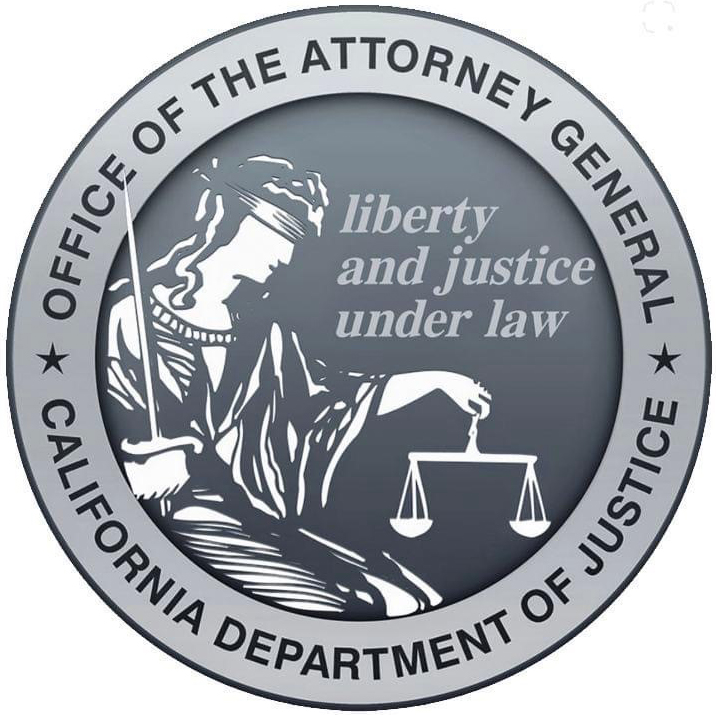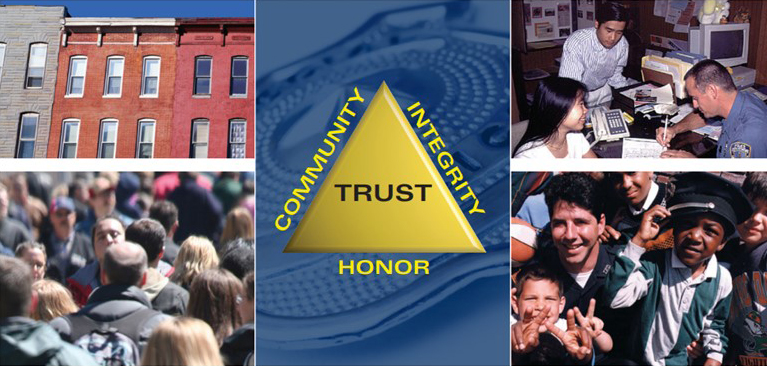CA attorney general announces four multi-billion dollar nationwide opioid settlements
Friday, June 9th, 2023
Today’s commitment by CVS, Walgreens, Teva, and Allergan is an important milestone in California’s efforts to address the opioid epidemic
OAKLAND – June 9, 2023 — California Attorney General Rob Bonta announced four multi-billion opioid settlements with pharmacies CVS and Walgreens and manufacturers Allergan and Teva are moving forward. The settlements are together worth up to $17.3 billion and address the companies’ role in the opioid crisis. The Walgreens and CVS deals are the first multistate settlements to hold chain retail pharmacies to answer for their role in the crisis. Today’s announcement is an important milestone in California’s efforts to address an epidemic that has destroyed communities and ripped apart families.
“We’ve made historic strides forward in our fight for justice and relief for Californians hurt by the opioid crisis,” said Attorney General Bonta. “Nothing can bring back the lives lost or erase the suffering caused by this crisis, but we are making sure those who caused it and profited from it are held to account for their greed and willful misconduct. These hard-fought and hard-won settlement funds will be critical in supporting victims and getting them the help they need to recover. I am proud of the work put in by my team and by our partners across the nation in making these wins possible.”
Opioid manufacturers Allergan and Teva have committed to move forward with settlements for up to $2.37 billion and $4.25 billion, respectively, to resolve allegations that, among other things, the companies deceptively marketed opioids by downplaying the risks of addiction and overstating their benefits. If the settlements are approved by the court, California may receive up to approximately $375 million from the Teva settlement and up to approximately $205 million from the Allergan settlement. The settlements with the opioid manufacturers also include strong injunctive relief that prohibits opioid-related marketing by Teva while Allergan is prohibited from selling opioids for the next 10 years.
Chain pharmacies CVS and Walgreens also committed to moving forward with national settlements worth up to $5 billion and $5.7 billion, respectively, to resolve claims that the companies ignored signs of prescription abuse and failed to prevent drug diversion. If approved by the court, California may receive up to approximately $470 million from the CVS settlement and up to $510 million from the Walgreens settlement. CVS and Walgreens have also agreed to injunctive relief that requires the pharmacies to monitor, report, and share data about suspicious activity related to opioid prescriptions. A final agreement with Walmart, worth up to $3.1 billion, is not being announced today; however, that settlement is expected to move forward in the coming weeks.
Since the first wave of the opioid epidemic hit the United States in 2000, it has taken hundreds of thousands of lives, torn families apart, and eroded the social fabric of communities. Its toll has continued to grow year after year. Data from the Centers for Disease Control and Prevention (CDC) indicate that in 2021, more than 80,000 people may have died of overdose deaths involving opioids in the U.S., and over 11,200 of those deaths took place in California.
The opioid manufacturers, distributors, and pharmacies who helped fuel the crisis through their unlawful practices and profited from it are at the center of Attorney General Bonta’s fight for justice and relief. To date, the California Department of Justice has secured approximately $50 billion in nationwide settlements and expected settlements, including with opioid manufacturers Johnson & Johnson, Mallinckrodt, and Purdue Pharma L.P. and the Sackler family; distributors Cardinal Health, McKesson, and AmerisourceBergen; and consulting firm McKinsey & Company.
- In March of 2022, Attorney General Bonta announced a $6 billion conditional settlement with Purdue Pharma and the Sackler family over their alleged deceptive and illegal marketing and sales practices, in an agreement that would also allow the family’s name to be removed from buildings, scholarships, and fellowships.
- In February 2022, a bankruptcy court confirmed a plan that would allow an agreement between certain states, including California, and Mallinckrodt, the largest generic opioid manufacturer in the United States, to move forward. That settlement includes an expected $1.6 billion payment by the company to a trust that would benefit public and private opioid-related claimants.
- In July 2021, Attorney General Bonta announced a $26 billion settlement, which was finalized in Spring 2022, with Johnson & Johnson, which manufactured and marketed opioids, and Cardinal Health, McKesson, and AmerisourceBergen, the nation’s three major pharmaceutical distributors. It was the second largest multistate agreement in U.S. history, and its terms bar Johnson & Johnson from being involved in selling or promoting opioids for a decade and require the distributors to monitor, report, and share data about suspicious activity related to opioid sales.
- In February of 2021, the Attorney General announced a $573 million settlement with one of the world’s largest consulting firms, McKinsey & Company. The settlement resolves California’s investigation into the company’s role in advising opioid companies (including OxyContin maker Purdue Pharma) in the promotion and sale of their drugs.
These settlements are expected to bring in billions in funding for California communities, which will, among other things, be used to:
- Increase support for substance-use disorder facilities and improve infrastructure for treatment.
- Address the needs of communities of color and vulnerable populations, including those who are unhoused.
- Strengthen availability of Naloxone (also known as NARCAN) or other FDA-approved overdose reversal drugs.
- Double down on interventions for drug addiction in vulnerable youth and supporting those in the juvenile justice system with treatment options.
- Improve training and resources for law enforcement and first responders regarding appropriate practices and precautions when dealing with fentanyl or other drugs, including with regard to addressing the needs of criminal justice-involved persons with opioid-use disorder and mental health issues.
- Implement best practices for outreach, diversion, and deflection.
- Support job creation programs to help connect those recovering from substance use disorders with gainful employment and pathways to financial stability.
- Improve data-sharing and management systems to detect suspicious activity, including with regard to the prescription of controlled substances.



























